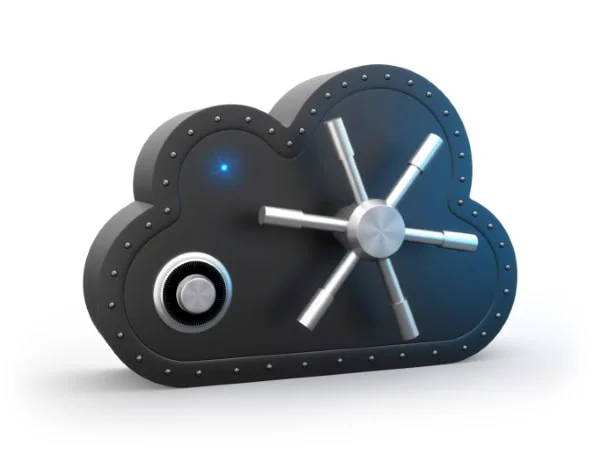How do you feel about accounting? How much do you even know about what kind of accounting records you need to keep? If you’re like most web designers, Bookkeeping isn’t your favorite part of freelancing.
But keeping accurate records is an important part of running a business. It’s so important, in fact, that keeping good accounting records sometimes means the difference between freelancing success and freelancing failure. Taxes are another reason why you need to keep good accounting records. If your records are sloppy, tax time will be a nightmare. (And you could wind up owing a lot of money.) In this post, we share basic tips that freelance web designers and other freelancers should know about accounting.
Track Your Income
You must record all freelancing income, no matter how small. When it is time to pay taxes, you need to report all income, even if you don’t receive a 1099 form from a client. Most freelancers who are sole proprietors (the most common form of freelancing business) will record income as they receive it. This is known as cash-basis accounting.
The alternative to tracking income on a cash basis is to track it on an accrual basis. Under an accrual basis, you recognize income as soon as you complete a project and bill a client. The income is considered accounts receivable until the client pays your bill when it is added to your cash account. (However, do not recognize income a second time when the client pays you.)
The most important thing to know here is that you must pick one method or the other and stick with it. If you recognize income on a cash basis one month, you can’t recognize it on an accrual basis the next. Very large businesses must use the accrual method.
Track Your Expenses
As a small business owner, you must also record all expenses related to your freelance web design business. Record expenses on either a cash (as you receive the money) or an accrual basis (as the expense is incurred). You must use the same basis to record expenses that you used to record income. Some freelancers are confused about what expenses they should record. A good rule of thumb is to record every expense that is specific to your freelancing business.
Set Money Aside for Taxes
One of the biggest surprises new freelance web designers face is the tax bill after their first year of freelancing.
If you’re coming from traditional employment, you may be used to having your employer withhold part of your pay to cover your income tax liability. This does not happen for freelancers. Not only that, the tax liability for freelancers also includes self-employment tax.
For the unprepared freelancer, the tax bill for the first year of freelancing can be in the thousands of dollars. That’s enough to put some new freelancers out of business.
Fortunately, it doesn’t have to be that way. Freelancers should arrange to pay estimated taxes quarterly to the IRS and to any local tax authorities. This divides what could be a huge tax bill into four more manageable pieces. Even if you end up owing at year-end, your tax liability won’t be as huge.
What If You Hired Someone?
Many freelancers hire other freelancers to work on specific projects during the year on a temporary contract basis. For example, a web designer might hire:
- A virtual assistant to catch up on routine office tasks
- A freelance writer to help write web copy for a large client
- Another web designer to help them meet a tight deadline
As a small business owner, carefully track the amounts that you pay to others. In January, you will need to send out a 1099-Misc form to each independent contractor who received more than $600 from you.
Of course, if you hired employees during the year, you have additional responsibilities. You will be responsible for sending out a W-2 to each employee. You will also need to withhold payroll taxes during the year. If you hired employees for your web design business, I highly recommend that you get professional accounting advice.






